 I believe it’s time for a paradigm shift in the field of special education. Fortunately, a new concept has emerged on the horizon that promises to establish a more positive foundation upon which to build new strength-based assessments, programs, curricula, and environments for these kids.
I believe it’s time for a paradigm shift in the field of special education. Fortunately, a new concept has emerged on the horizon that promises to establish a more positive foundation upon which to build new strength-based assessments, programs, curricula, and environments for these kids.
The concept is neurodiversity. The term, which was coined by Australian autism-activist Judy Singer and American journalist Harvey Blume in the late 1990s, suggests that what we’ve called in the past “disabilities” ought to be described instead as “differences” or “diversities.” Proponents of neurodiversity encourage us to apply the same attitudes that we have about biodiversity and cultural diversity to an understanding of how different brains are wired.
Read the full article here: Education Week: Appreciating Special Education Students’ Diversity.

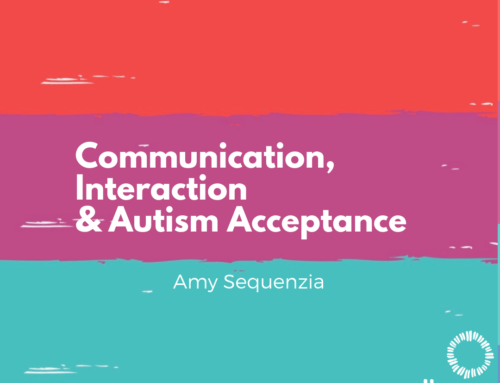
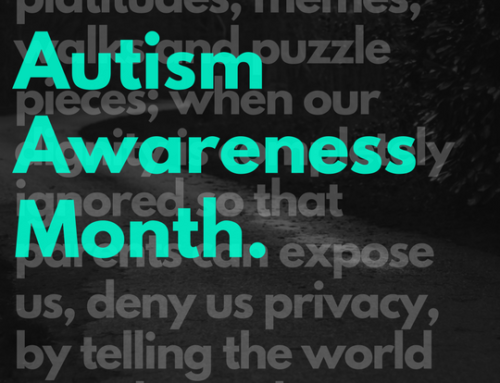
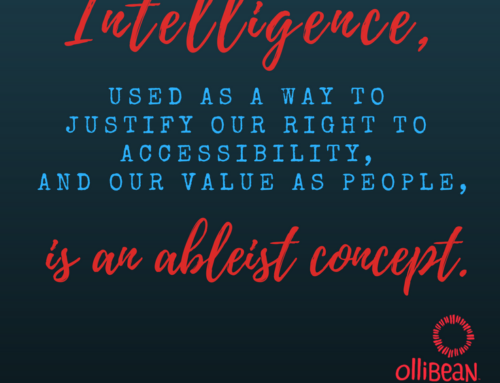
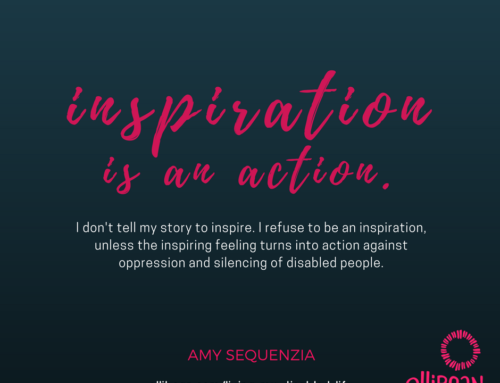

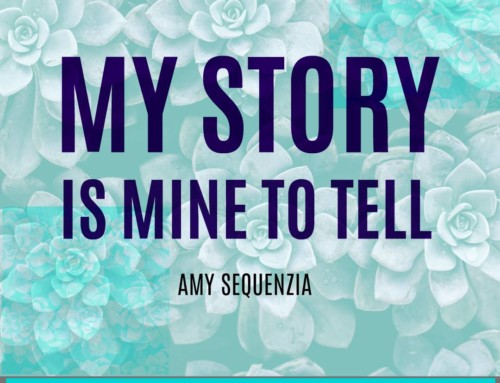
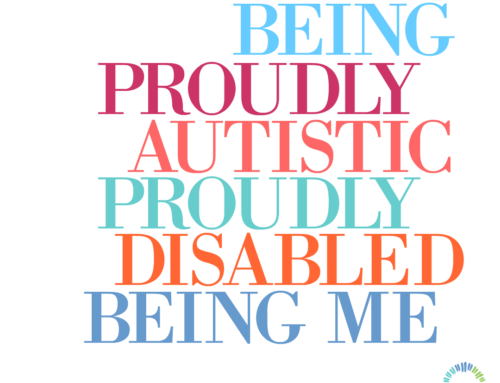
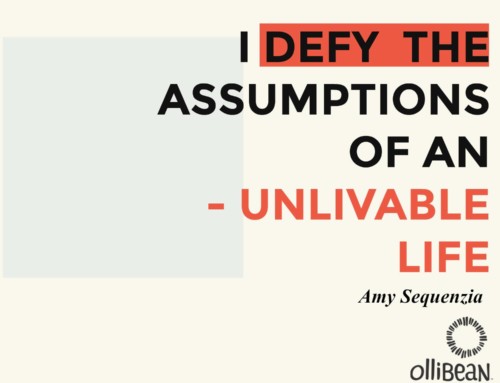

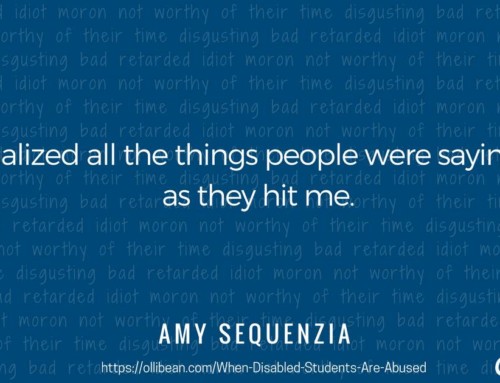

An interesting way to get “disability” out of the picture. Let us know your thoughts.
Thought this (and the full article from Education week) was excellent. In response to the comment below, I don’t know if it’s possible to get disability “out of the picture”, and many disability-rights advocates disagree that this should be a goal. But I think the point about the historical relationship between special education and a now-outdated “deficit model” is well-taken. How different that perspective is compared to how society talks about the education of kids without disabilities!
Also, in my experience with healthcare professionals, today’s “medical model” means something different than it did 50-100 years ago, and that’s also a good thing!